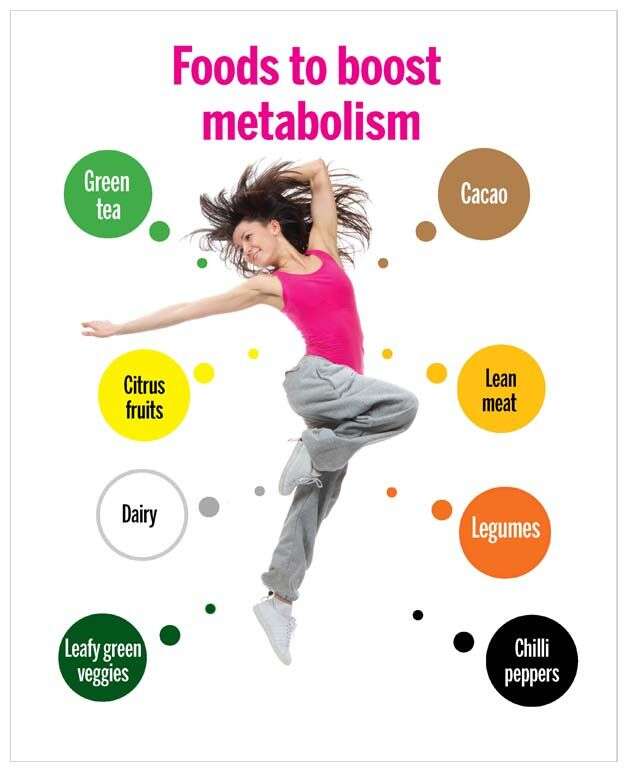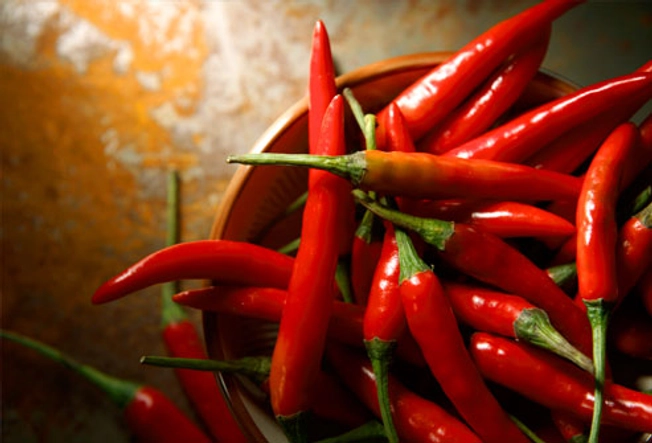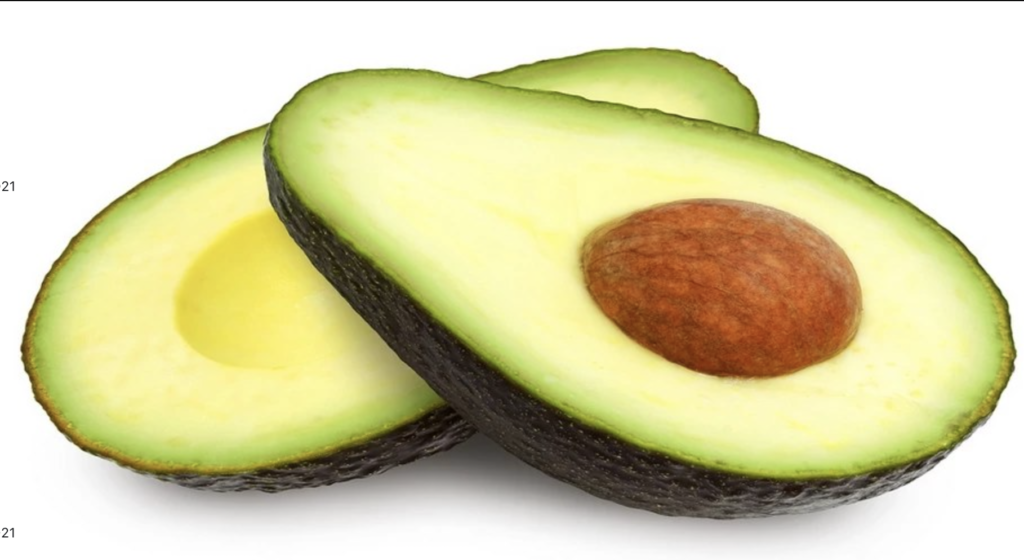A person’s metabolism is the rate at which their body burns calories for energy. The speed of metabolism depends on age, activity levels, genetics, and other factors. Regular meals, sleep, and exercise may all help boost metabolism.
- Men tend to burn more calories than women, even while resting. And for most people, metabolism slows steadily after age 40.
- Although you can’t control your age, gender, or genetics, there are other ways to improve your metabolism
Factors that may increase a person’s metabolic rate include consuming an appropriate number of calories, favoring protein over carbohydrates and fat, getting enough sleep, and some types of exercise, such as resistance training.
In this article, you can also discover our 10 tips to influence your metabolic rate and, more importantly, your metabolic control. Here, you will find the best way to burn calories and control your weight.
There is no easy answer to increasing your metabolism or burning more calories. But if you try our 10 tips, you can find what works best for you.
10 Tips to Boost your Metabolism:
1. Exercise more.
- Add interval training to your cardio routine and burn more calories in less time. For example, run for a minute, then walk for two minutes. Repeat this pattern for 20 to 30 minutes.
- Aerobic exercise may not build big muscles, but it can rev up your metabolism in the hours after a workout.
- The key is to push yourself.
- High-intensity exercise delivers a bigger, longer rise in resting metabolic rate than low- or moderate-intensity workouts.
- To get the benefits, try a more intense class at the gym or include short bursts of jogging during your regular walk.
2. Weight training to build muscle
- Add muscle mass to your body and you can burn more calories at rest. Make sure you choose a total body strength routine.
- Your body constantly burns calories, even when you’re doing nothing.
- This resting metabolic rate (BMR) is much higher in people with more muscle.
- Every pound (0.45 kg) of muscle uses about 6 calories a day just to sustain itself, while each pound of fat (0.45 kg) burns only 2 calories daily. That small difference can add up over time.
- After a session of strength training, muscles are activated all over your body, raising your average daily metabolic rate.
3. Don’t skip meals, especially breakfast.
- You need to keep the furnace burning and you actually burn calories as you digest food.
I suggest the following which may provide health benefits:
- eat breakfast
- consume most energy-providing foods early in the day
- eat two to three meals per day at regular times
- have periods of fasting
4. Eat fat-burning foods.

- Fat-burning ingredients like protein, spicy peppers, and green tea have been proven to bump up metabolism. Eat some form of these foods, especially protein, at every meal.

- Spicy foods have natural chemicals that can kick your metabolism into a higher gear. Cooking foods with a tablespoon of chopped red or green chili pepper can boost your metabolic rate.
- The effect is probably temporary, but if you eat spicy foods often, the benefits may add up. (For a quick boost, spice up pasta dishes, chili, and stews with red pepper flakes.)
- Protein is especially important: It takes more calories to digest than other foods and also helps the body build fat-burning lean muscle tissue.

Drinking green tea increases your metabolism - Drinking green tea or oolong tea offers the combined benefits of caffeine and catechins, substances shown to rev up the metabolism for a couple of hours. Research suggests that drinking 2 to 4 cups of either tea may push the body to burn 17% more calories during moderately intense exercise for a short time.
- When you eat, you burn some calories simply because your body uses energy during digestion. Scientists call this the thermic effect of food (TEF), and it makes up around 10% of your energy expenditure.
- You actually burn more energy digesting protein than you do when you eat carbohydrates or fat.
- Around 20-30% of the energy in protein is used up during digestion. For carbohydrates, this is between 5 and 10%, and for fat, it is up to 3%.
Good sources of protein for you to eat are nuts and seeds, legumes, whole grains, tofu, dairy, eggs, lean meat, and fish.
5. Get a good night’s sleep every night.
- Studies have shown that lack of sleep affects activity in the brain’s frontal lobe, which may decrease your impulse control and decision-making ability.
6. Drink More Water-Fuel Up With Water
- Your body needs water to process calories. If you are even mildly dehydrated, your metabolism may slow down.
- In one study, adults who drank eight or more glasses of water a day burned more calories than those who drank four.
- To stay hydrated, drink a glass of water or other unsweetened beverage before every meal and snack.
- Also, snack on fresh fruits and vegetables, which naturally contain water, rather than pretzels or chips.
7. Avoid crash diets (LOW-CALORIE DIETS)
Eating too few calories can cause a person’s metabolism to slow down so the body can conserve energy, according to the Academy of Nutrition and Dietetics.
- Crash diets — those involving eating fewer than 1,200 (if you’re a woman) or 1,800 (if you’re a man) calories a day — are bad for anyone hoping to quicken their metabolism.
- Although these diets may help you drop some Kgs, that comes at the expense of good nutrition.
- Plus, it backfires, since you can lose muscle, which in turn slows your metabolism.
- The final result is your body burns fewer calories and gains weight faster than before the diet.
8. Reduce stress
- Stress affects hormone levels, and it can cause the body to produce more cortisol than usual.
- Cortisol is a hormone that helps regulate appetite. The body releases cortisol in times of stress.
- Stress could also have an indirect impact by affecting eating patterns and sleep, both of which can alter the rate of metabolism.
9. Increase more B Vitamins
The results of a rodent experiment from 2018 suggested that a low intake of various B vitamins (Vitamin B refers to not one, but eight different vitamins. All B vitamins play a role in converting food into energy in the body. Each vitamin also has a unique role in a person’s good health.) could impact the rate at which the body metabolizes lipids, including cholesterol and triglycerides.
10. Seek Treatment for Hypothyroidism
- People with low levels of thyroid hormone may have a slower metabolism.
The thyroid hormone stimulates the production of substances that increase oxygen consumption, respiration rate, and body temperature. This involves a higher rate of energy consumption.
- Conversely, the body of a person with hypothyroidism is likely to burn energy at a lower rate. Their metabolic rate may be slower, and they may have a higher risk of weight gain and obesity.
- For those with hypothyroidism, taking medications that increase the levels of thyroid hormone can increase their resting metabolic rate.
- Seeking help for hypothyroidism can help speed up the metabolic rate and reduce the risk of complications linked to this condition.
NOTE: ALSO SPEAK TO YOUR DOCTOR ABOUT your blood sugar tests and blood fat responses, as well as your gut microbiome.
VIDEO: Slow Metabolism? 8 Proven Ways to Boost It & Lose Weight | Joanna Soh
DISCLAIMER
Our Articles are for enlightenment purposes only and should not be used as a replacement for professional diagnostics and treatments. Remember to always consult your healthcare provider before making any health-related decisions or for counseling, guidance, and treatment about a specific medical condition.
It is always best to speak with a doctor before adjusting the diet or making changes to an exercise routine.
SOURCES:
- Acheson, K. The American Journal of Clinical Nutrition, May 1980.
- Arria, A. The Journal of the American Medical Association, Jan. 25, 2011.
- Glade, M. Nutrition, October 2010.
- Halton, T. Journal of the American College of Nutrition, October 2004.
- McKinley Health Center, University of Illinois: “Breaking Down Your Metabolism.”
- Medscape: “Increasing Basal Metabolic Rate Through Exercise.”
- National Council on Strength & Fitness: “A Pound of Muscle Burns 30-50 Kcal/Day, Really…”
- The American Academy of Pediatrics Committee on Nutrition and Council on Sports Medicine and Fitness. Pediatrics, published online May 29, 2011.
- Rutherford, J. International Journal of Sports Nutrition and Exercise Metabolism, August 2010.
- The Hormone Foundation: “The Hormone Foundation’s Patient Guide on Metabolic Risk: Primary Prevention of Cardiovascular Disease and Type 2 Diabetes.”
- University of North Texas: “Energy Drinks: Helpful or Harmful?”
- A high-protein total diet replacement increases energy expenditure and leads to negative fat balance in healthy, normal-weight adults. The American Journal of Clinical Nutrition. (2021).https://academic.oup.com/ajcn/article/113/2/476/5986961
- A minireview of effects of green tea on energy expenditure. Critical reviews in food science and nutrition. (2017).https://pubmed.ncbi.nlm.nih.gov/26091183/
- Comparison of 2 diets with either 25% or 10% of energy as casein on energy expenditure, substrate balance, and appetite profile. The American Journal of Clinical Nutrition. (2009).https://academic.oup.com/ajcn/article/89/3/831/4596720





